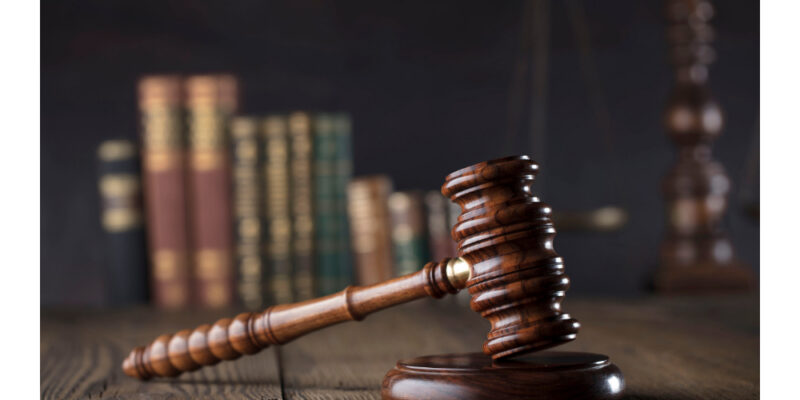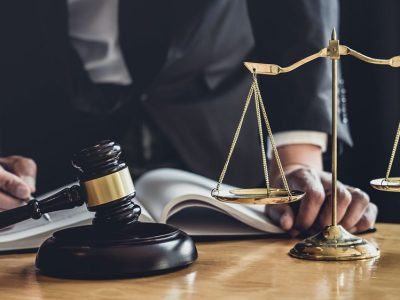When facing a criminal charge, the first step towards understanding your legal rights and options is meeting with a criminal defense attorney. This initial consultation can set the tone for your defense strategy, so it’s crucial to approach it with the right preparation. Here’s how you can get ready for that all-important first meeting.
1. Gather All Relevant Documentation
One of the most essential steps in preparing for your consultation is collecting any documents related to your case. These could include:
- Police reports
- Arrest records
- Court documents or summons
- Bail information or bond receipts
- Any written communication from law enforcement or the courts
Having these materials ready will help the attorney understand your case more quickly and accurately.
2. Write Down Key Facts and Questions
Before meeting with your criminal defense attorney, take some time to write down everything you remember about the events leading to your arrest or charges. This will allow you to share a clear and concise account of your situation, which is crucial for your attorney to assess the strengths and weaknesses of your case.
Additionally, it’s helpful to prepare a list of questions you may have about the legal process, your rights, or your potential defense options. Don’t hesitate to ask about the possible outcomes, timelines, and the lawyer’s experience with cases similar to yours.
3. Be Honest About the Facts
Your criminal defense attorney’s ability to represent you effectively relies on open and honest communication. Be truthful about the events that led to your charges, even if some details are uncomfortable. Attorneys are bound by confidentiality, so your discussion will remain private. The more candid you are, the better your attorney can strategize a defense that works in your best interest.
4. Understand Your Attorney’s Role
Your criminal defense attorney is there to guide and protect you throughout the legal process. They will help you understand your options, explain legal jargon, negotiate with the prosecution, and fight for the best possible outcome. Understanding this role helps set expectations for the relationship and keeps the process smooth and productive.
5. Prepare to Discuss Legal Fees
During your first meeting, your attorney will likely provide details about their fee structure. It’s important to ask upfront about costs, payment plans, and any other financial arrangements to ensure you understand how you will be billed throughout your case.
6. Bring a Support Person, If Necessary
If you are feeling overwhelmed or anxious, consider bringing a trusted family member or friend with you for support. They can take notes, ask questions on your behalf, or simply offer emotional support during what may be a stressful meeting.
Conclusion
The first meeting with a criminal defense attorney can feel overwhelming, but with the right preparation, you can ensure the process goes smoothly. By gathering the necessary documents, being honest, and understanding your attorney’s role, you will set a solid foundation for your defense. Remember, your attorney is there to protect your rights and help you navigate the legal complexities ahead.
If you’re facing criminal charges, don’t wait to seek legal counsel. Contact Manderscheid Law Firm, PLLC today to schedule your consultation. We’ll help you build a defense strategy tailored to your unique situation and fight for the best possible outcome.
This post was written by a professional at The Manderscheid Law Firm, PLLC. https://stpetecriminalattorneys.com/ , is your trusted Criminal Defense Attorney in Pinellas County. With a commitment to integrity, advocacy, and understanding, my firm stands out in its dedication to giving each client and their case the personal attention they deserve. Whether you’re facing charges for DUI in St Pete FL, drug offenses, theft, or any other criminal matter, you can trust our experienced team to fight for your rights and provide the best possible defense. At Manderscheid Law Firm, PLLC, we believe in a tailored approach, ensuring every client feels heard and supported throughout the legal process.












Comments